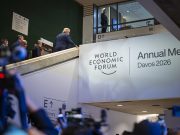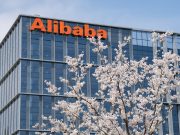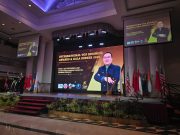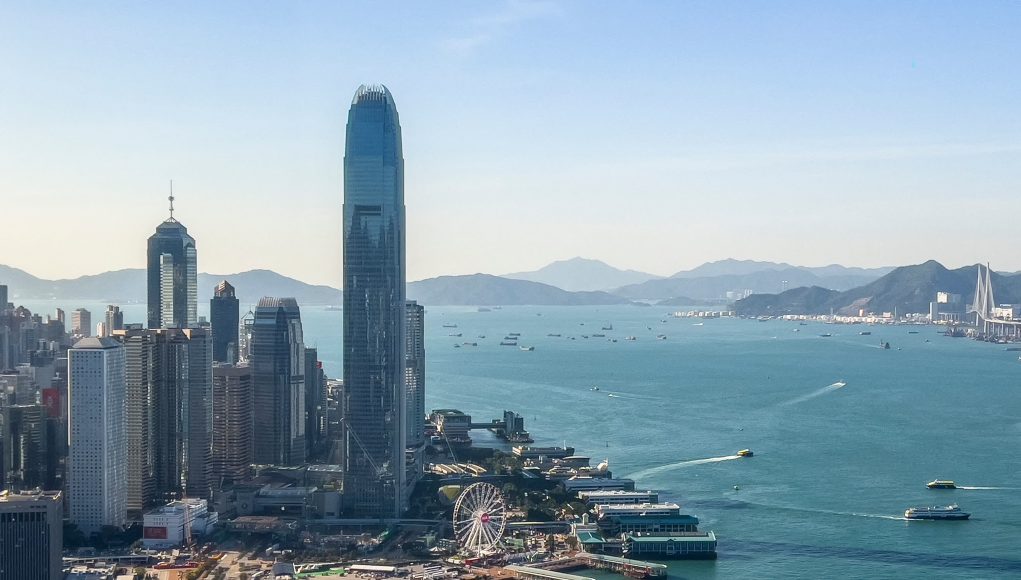(SINGAPORE, 17.09.2025) The rivalry between Hong Kong and Singapore for family office business is not necessarily a zero-sum game. Market surveys indicate that most single-family offices maintain a presence in many regions, while multi-family offices view the two cities as complementary, mostly adopting a dual-hub strategy to capture regional growth opportunities and preserve strategic agility, according to a Chinese media report.
Management consulting firm McKinsey projects that between 2023 and 2030, ultra-high-net-worth (UHNW) and high-net-worth (HNW) families in the Asia-Pacific region will transfer an estimated US$5.8 trillion (S$7.38 trillion) in wealth to the next generation, with UHNW families representing nearly 60% of that amount. To navigate this transition, many are establishing or have set up family offices (FOs).
Having long been dominant hubs for wealth management in Asia, Hong Kong and Singapore’s contention for the title of “Asia-Pacific family office capital” is growing ever fiercer.
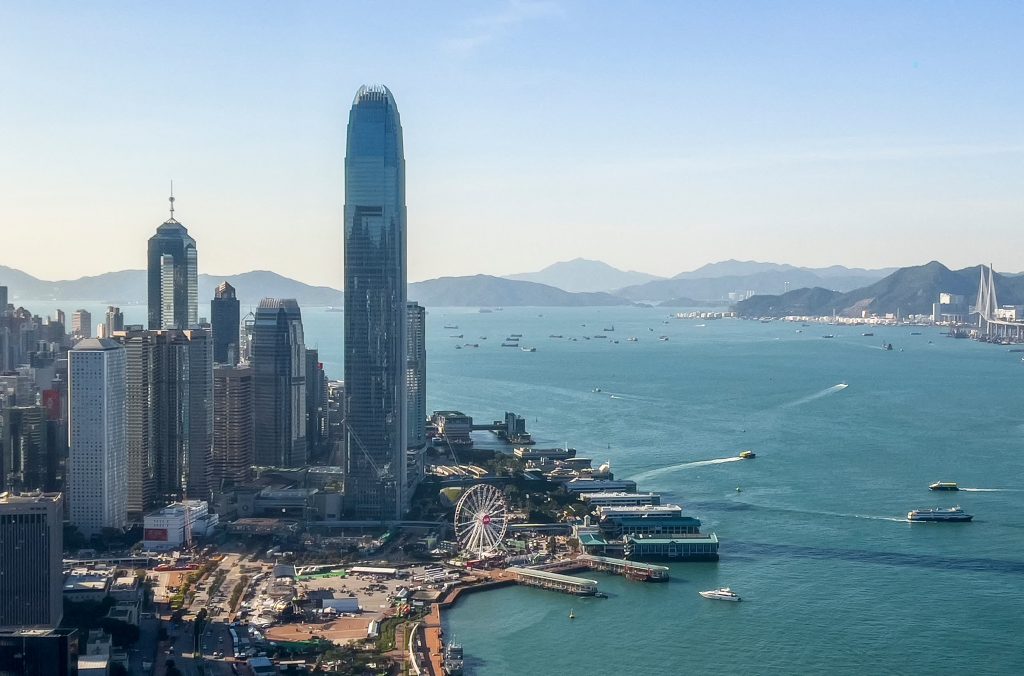
In both cities, single FOs enjoy explicit and consistent treatment of their capital and income as well as tax clarity. These signal to the FOs that they are valued contributors to local wealth.
But tax incentives by themselves are insufficient to persuade families to establish operations in a jurisdiction. What’s needed is a robust ecosystem — one that offers regulatory stability, access to capital markets, diverse investment opportunities, strong advisory networks, and skilled professionals to manage the FOs. Additionally, lifestyle factors for both family members and an office’s key staff are also critical, according to the Chinese media foinsight.
Bankers in Hong Kong and Singapore observed that although the two cities have for years been competing for Chinese wealth, an increasing number of families now allocate their assets across many jurisdictions. The 2024 Greater China Family Office Survey found that roughly 29% of its respondents revealed that their single-family offices straddle many regions.
A private banker noted that some of the larger UHNW families opt for a dual setup, leveraging the unique advantages of both Hong Kong and Singapore in line with their business footprints, diversification goals, and strategic priorities.
Meanwhile, other international financial centres — such as Dubai and Switzerland — are also aggressively competing for Asia’s FO market share.
In recent years, Hong Kong has accelerated its push in the family office sector, welcoming the world’s ultra-wealthy with open arms, foinsight pointed out.
On Monday, Hong Kong’s Financial Services and the Treasury Bureau announced that over 200 new family offices (FOs) have been established or expanded with support from InvestHK, Hong Kong’s investment promotion agency, in the city, surpassing ahead of schedule the target set in the 2022 policy address by Hong Kong Chief Executive John Lee.
This count excludes family offices that have established themselves in Hong Kong independently of InvestHK or via local professional service networks, so the true number of new FOs in the city is likely significantly higher than official figures indicate.
To achieve the goal set in 2022, Hong Kong has rolled out a range of family-office–friendly measures. Notably, in March 2023 the Hong Kong government set out eight key initiatives, including tax incentives, the launch of the new Capital Investment Entrant Scheme, and the creation of the Hong Kong Academy for Wealth Legacy. The scheme seeks to draw HNW individuals and family offices to Hong Kong by granting residency.
With its long-established track record as a global financial hub, Hong Kong offers almost seamless connectivity to mainland China, strong infrastructure, and extensive legislative and compliance expertise, creating a stable environment that makes it an attractive base for HNW individuals to set up family offices, stressed foinsight.
According to a report by the professional service firm Deloitte in early 2024, Hong Kong hosts more than 2,700 family offices, with over 30% managing assets exceeding US$100 million.
Christopher Hui, Secretary for Financial Services and the Treasury, noted that more than 80% of the newly established family offices are from both sides of the Taiwan Strait, while the rest hail from the Asia-Pacific, Europe, the Americas, and Oceania.
Hui added that the government will keep refining its policy measures, including further enhancing its preferential tax regimes for funds, single-family offices, and carried interest, to sustain the growth of family offices.
“Family offices play a crucial role in managing family wealth and affairs. Thanks to its sophisticated financial system, strong rule of law, and global outlook, Hong Kong has emerged as a leading international hub for family offices,” emphasized Adrian Cheng, Chairman of the Hong Kong Academy for Wealth Legacy. The academy provides professional services, fosters networking and knowledge exchange, and seeks to drive the growth of Hong Kong’s family office ecosystem.
Hong Kong’s family office model centres on “legacy.” The city embraces both established and emerging wealth from across the globe with an open, welcoming approach. Hong Kong could soon be home to as many as 3,000 single family offices, claimed foinsight.
Hong Kong has inherent advantages in attracting mainland Chinese family offices, including a shared language, culture, and lifestyle, its strategic proximity to the Greater Bay Area, and close access to the families’ business operations. As a result, many founders of listed companies and UHNW individuals from traditional industries favour setting up their family offices in the city, foinsight added.
Singapore, meanwhile, has taken an early lead in the family office race, introducing a series of FO-friendly measures since 2020. Its attractive tax policies, stable political environment, and position as a regional investment hub have drawn significant inflows of wealth from across Asia.
By the end of 2024, Singapore was home to more than 2,000 single-family offices, marking a 42.9% increase from 1,400 in 2023, which had risen 27% from 1,100 in 2022, according to foinsight.
Nonetheless, evolving regulatory frameworks have created obstacles for Singapore in drawing additional ultra-wealthy families from abroad.
In 2023, authorities traced S$3 billion in assets to a major money-laundering operation. Alarmingly, six family offices connected to the network had both handled illicit funds and enjoyed tax advantages.
A Singapore family office industry insider said, “Criminals exploited vulnerabilities in banks and family offices. Once the funds entered, they proliferated and tainted the entire system.”
In response, Singapore started “tightening the screws” by rolling out a series of new family office regulations and enhancing its oversight framework. The Monetary Authority of Singapore (MAS) has raised the eligibility thresholds for FO tax incentives twice and intensified the review of FO applications, demanding clear proof that applicants genuinely meet the criteria for tax benefits.
At the same time, Singapore has moved to simplify procedures. In July, MAS announced that wealthy individuals establishing FOs in the city would now wait no more than three months for tax incentives — a significant reduction from the previous 12-month timeframe.
MAS is also collaborating with private banks to streamline account-opening processes, aiming to attract more HNW individuals and reinforce Singapore’s position as a leading global wealth hub.
“I believe this is where Singapore can differentiate itself in financial services. But to achieve it, we must accept some level of risk. We should manage risk in a ‘risk-proportionate’ way rather than aiming for zero risk. If Singapore becomes too risk-averse, it will miss new opportunities,” said MAS Deputy Chairman Heng Swee Keat in July.
Fosight concludes that despite profound global changes — including rapid geopolitical shifts and persistent US-China contentions — Hong Kong’s stable and secure investment environment, strategic position in Asia, and blend of domestic and international advantages make its opportunities outweigh the challenges.



